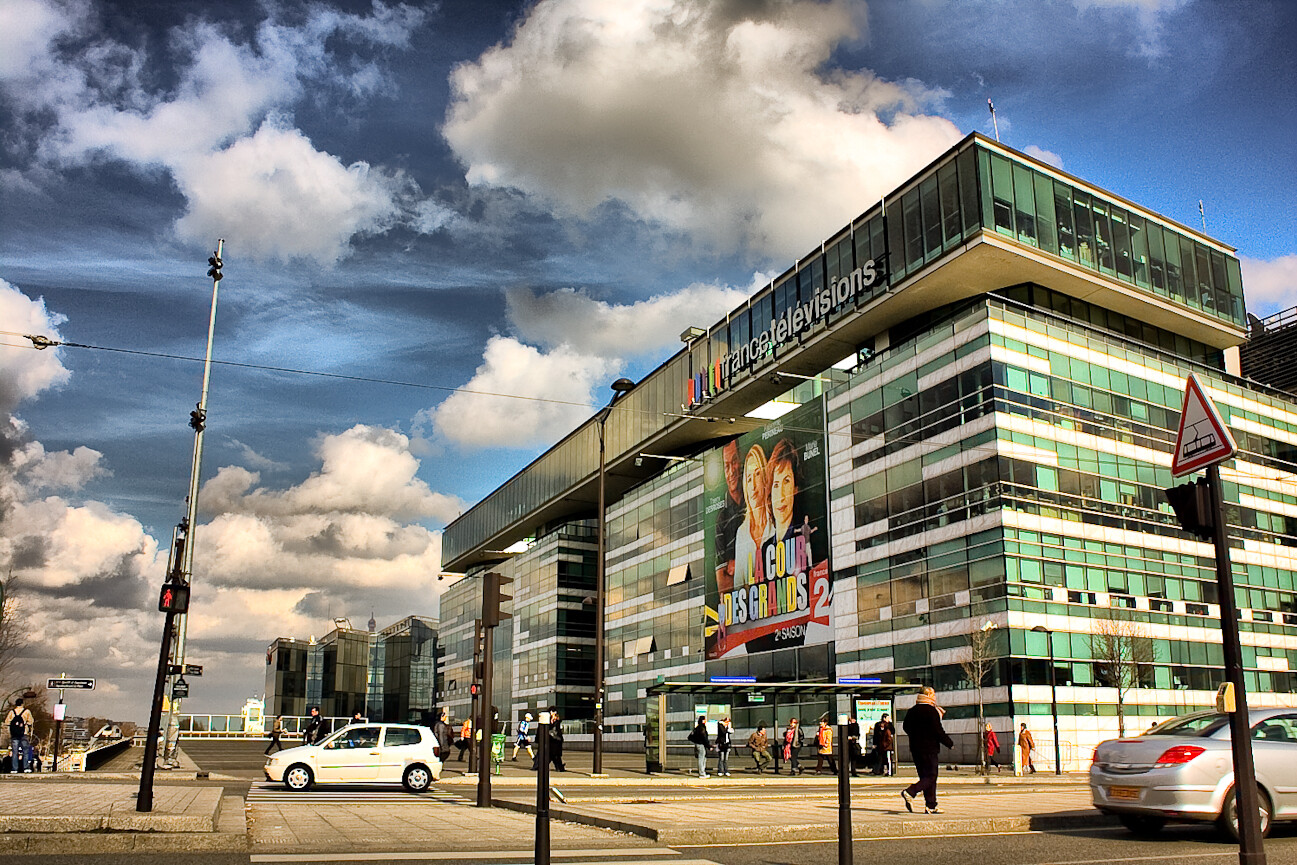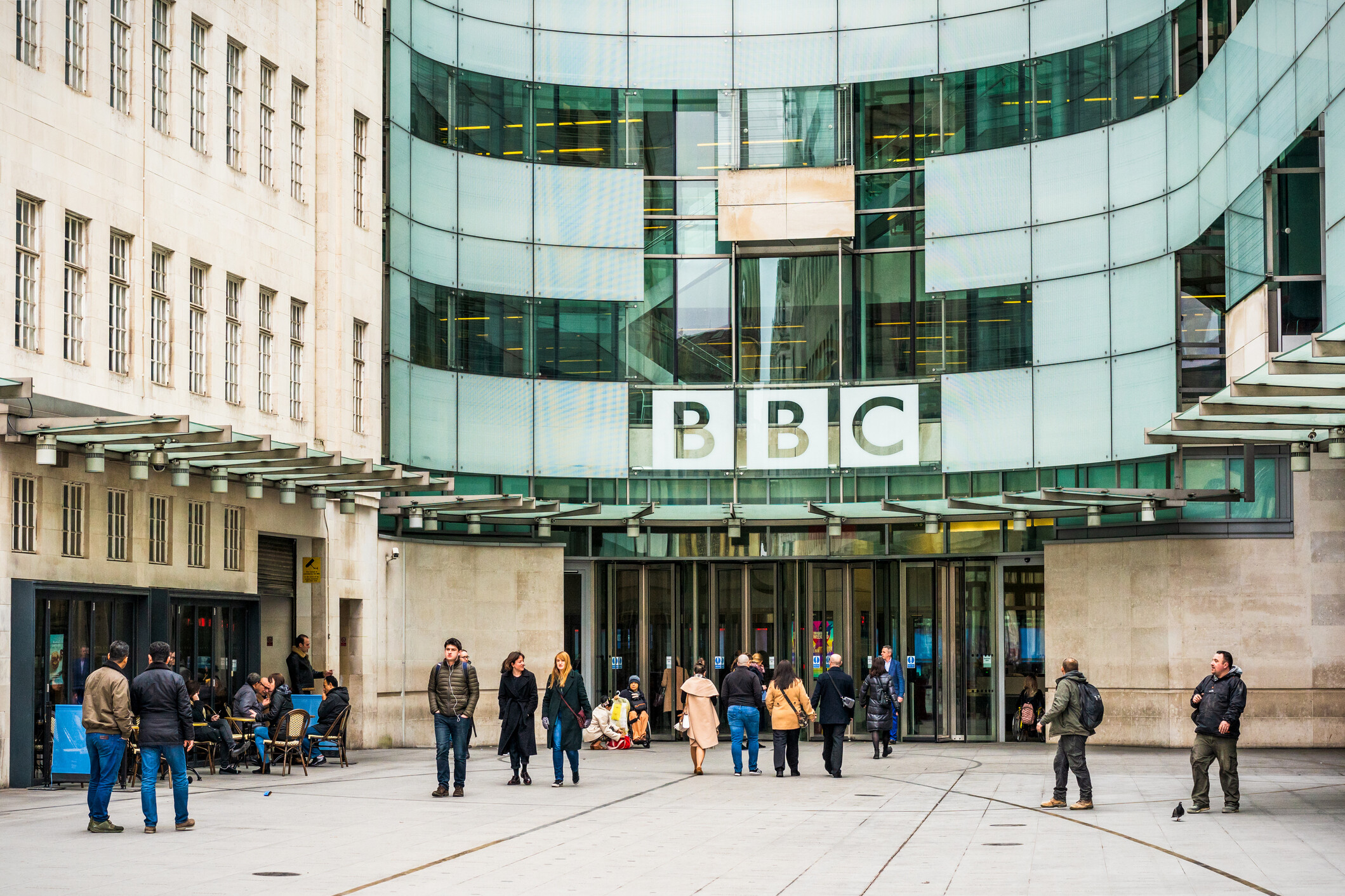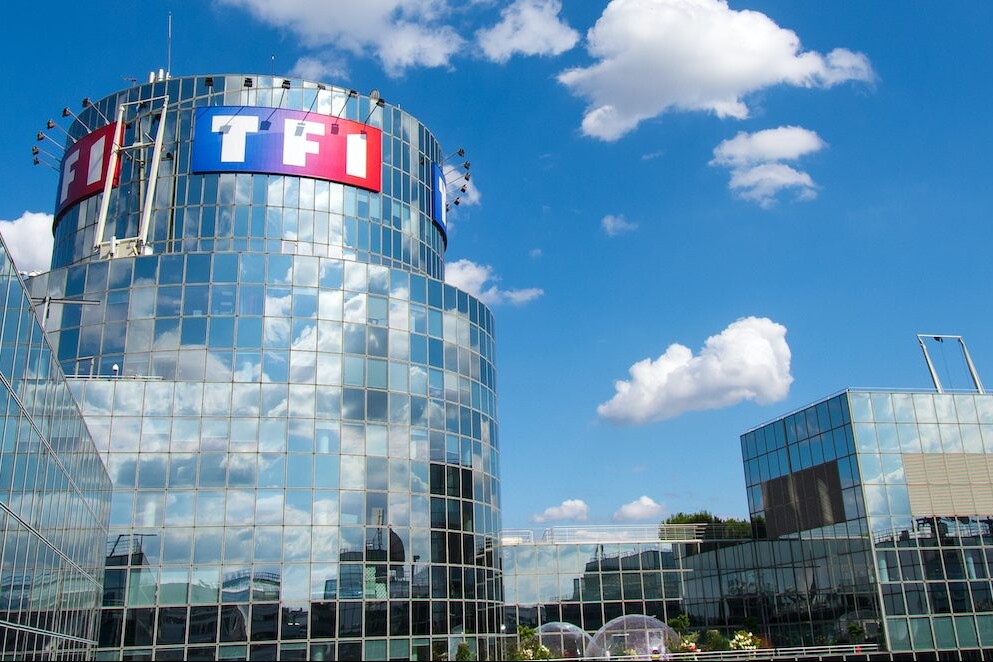Ahead of the election in France next month, this is the second report in a series on elections and public media. In many elections, public media is itself a battleground, with its funding, governance, ownership and editorial direction all subject to debate. In the build-up to France’s Presidential election, the incumbent, Emmanuel Macron, has promised to remove the TV licence fee. He was not the first to propose the move, and there is pressure from right-wing candidates to defund or privatise France’s public media.
Election Background:
DATE: First round on 10 April, and if no outright winner, a runoff will be held on 24 April
TYPE: Presidential
IN POWER: President Emmanuel Macron, En Marche
MAIN OPPOSITION: Marine Le Pen, National Front
The TV licence fee will be scrapped, President of France, Emmanuel Macron has promised, if he is re-elected in the Presidential election next month. The Guardian reported the €138 licence fee, currently paid by around 27 million households, would be removed as part of an overall policy initiative to reduce taxes.
President Macron made the pledge in his first public appearance of his election campaign. But this was not the first time the public media funding model has come under the scrutiny of a presidential candidate in the build-up to April’s election.
“I think the fee should be removed,” far-right candidate, Eric Zemmour, said back in November 2021. Mr. Zemmour’s wider campaign is also vehemently anti-media. Both he and his supporters have launched tirades against the media, at one point accusing journalists of wanting “to steal democracy from you.”
Marine Le Pen, another right-wing candidate, has also questioned the size of the public media in France. She argued through privatisation, “it is immediately €2.8 billion [returned] to the French.” Conservative Candidate, Valérie Pécresse, has similarly made the same promise.
The licence fee, known as the CAP, funds three public media institutions: France Télévisions, Radio France, and France Médias Monde group, which operates France 24 and Radio France International (RFI).
Read more: How are public media funded around the world?
French public media are the most trusted news media in France, excluding local or regional newspapers, according to Statista. 62% of those surveyed said they trusted France Télévisions while 60% said they trusted France Info – a radio network operated by Radio France.
The 2021 Digital News Report by the Reuters Institute also found public media had high levels of reach. 39% of people accessed France Télévisions weekly, second only behind BFM TV, in terms of reach offline (TV, radio and print). France Info meanwhile had the fourth highest reach online.
Public media provides enormous value to the French public, through its provision of impartial and trusted information, which is a cornerstone of any democracy. This value was espoused by the heads of France Télévisions and Radio France when they appeared at the Senate inquiry looking into media concentration last month. The inquiry’s purpose is to assess the state of media ownership, and how this impacts French democracy.
Find out more: France TV and Radio France
“Information, with us, is not a commodity because we are independent of political and economic power,” said CEO of France Télévisions, Delphine Ernotte. “Because pluralism is at the heart of our offers. Because we have this contract of trust which can be seen in the various investigations and because we have in the public service an investigation offer which is now unique”.
Public media has been and will continue to be used as a political football, especially by populists, not just in France, but globally as well. It is an easy target and demonstrates an ongoing misunderstanding or lack of awareness about how it contributes to democracy. This comes at a price, but what that pays for is something which benefits everyone.
President Macron faced criticism from the left for promising to remove the licence fee. Anne Hidalgo, a socialist presidential candidate, said it would “open the door to privatisation” and undermine public media’s independence. Senator David Assouline accused President Macron of “dangerous demagoguery”. The CGT Union for Radio France in a statement posted on Twitter said public media “has a cost, but it is priceless!”
Supprimer la redevance TV qui est un lien entre les citoyens et le service public de l’audiovisuel lui permettant un financement direct, pérenne et potentiellement non soumis à la volonté gouvernementale du moment, serait grave pour son indépendance. Démagogie dangereuse #macron
— David Assouline (@dassouline) March 7, 2022
How does France’s €138 licence fee compare with other Western European nations?
- Austria: between €251.16 and €337.32 depending on where you live.
- Switzerland: 335 francs, which works out at €322.35.
- Germany: the household tax Beitragsservice, costs €220.32.
- Ireland: €160.
- The UK: £159 which works out at €188.16.
An ally of President Macron’s defended Mr Macron, saying he has different objectives to the others. For Ms Le Pen and Mr Zemmour, their objective is to privatise or significantly reduce the size and scale of public media. Christophe Castaner – who heads the parliamentary grouping of the party of Mr Macron – said the President’s objective was to reform the current “unfair and archaic” funding model. Mr Macron remained “very attached to public-service broadcasting”, Mr Castaner said, according to the Guardian.
Questions over the licence fee are being raised globally. In the UK, a review is underway assessing whether the licence fee which funds the BBC should be replaced. In South Africa, where there are high rates of licence fee evasion, the SABC is advocating for a media levy to come in. And in Ireland, RTÉ is under serious financial pressure and is desperately seeking an alternative.
All too often when there are calls for defunding public media, there are no practical alternatives produced. Arguments are focussed around how removing the licence fee would alleviate a financial burden. But these never consider how doing so could impact democracy and accountability.
There is a debate to be had around the licence fee. It has existed for as long as public media has existed, and whether it is now outdated and inequitable is a legitimate question. But this debate must not happen in an environment where public media’s very existence is put into doubt. Whatever succeeds the licence fee must provide an equal level of longevity, sustainability, and autonomy as the licence fee does.
Header image: The building of France Télévisions in Paris. Image: Patrick Janicek/Creative Commons
Related Posts
3rd February 2022
Ireland: RTÉ pushing for changes to funding
RTÉ's Director-General says the current…
31st January 2022
France: Media concentration inquiry highlights value of public media
The ongoing French media concentration…
18th January 2022
BBC funding freeze: the importance of a licence fee
BBC's funding freeze and talks of a new…
3rd December 2021
France: Inquiry into media concentration begins
The Senate inquiry comes weeks after…



